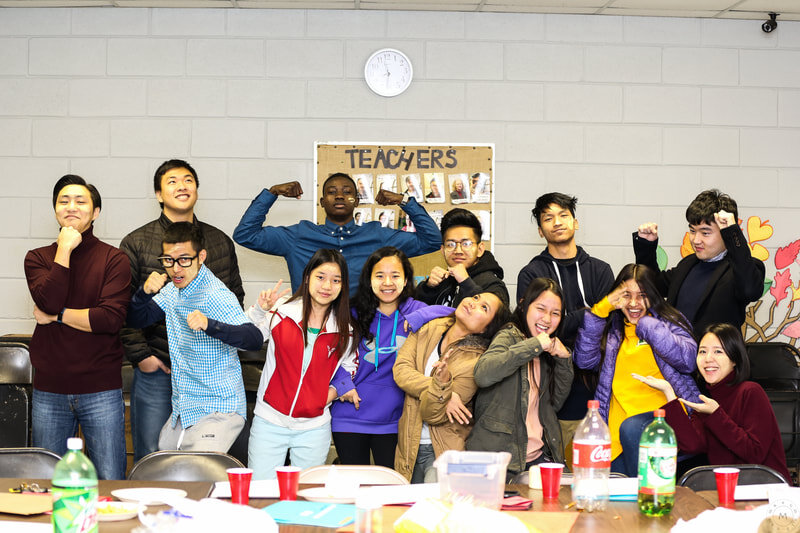Seeing beautiful in the global diasporas
Diaspora (noun): the movement, migration or scattering of a people away from an established or ancestral homeland. (source: Merriam-Webster)
“Diaspora” is a word of pain: a word of longing that comes from losing a sense of belonging. Throughout history, many people groups have left their homelands and became strangers in foreign lands for many different reasons, mostly due to unfavorable or even hostile and life-threatening circumstances. We, diasporas, settle down, form our communities, and learn to adapt to a new home away from home. However, the longing for the home we left behind does not weaken but becomes stronger as time goes. We also struggle to define our identity and the confusion of where we belong intensifies with posterity.
However, because of this very nature, “diaspora” also becomes a word of hope and innovation. The sense of belonging is not lost, but redefined. Instead of calling one place home, we learn to call many different places our homes. Instead of wavering between cultures that are different at home and at school, we learn to embrace (or at least cope with) both cultures. Instead of being put into a choice of loving the nation of origin or the nation of settlement, we learn to love both and reflect on what it truly means to be a global citizen. Like Susan Ahn Cuddy who fought against Japan as the first female gunnery officer of the U.S. Navy while her father dedicated his life fighting against Japanese imperialism as a leader of the Provisional Government of Korea, we find ways to reconcile our roots to our present soil.
We cannot be put in a box. It sometimes gets even messy. We don’t even know how to come up with a simple answer when someone asks, “where are you from?”
And that is perfectly okay. In fact, that is why diasporas are perfectly set up to be peacemakers in today’s evermore diversifying and pluralizing world because peacemaking is the ability to jump in and out of different boxes and building bridges between those boxes. So many conflicts arise because we want to stay in our little boxes and refuse to step out of them.
Re’Generation Movement’s aim is to empower these global diasporas to be the peacemakers in today’s world. We strive to do this by:
Empowering Youth through Education: through equipping the diaspora youths with not only practical skillsets through SAT and college-prep courses but also values through programs such as Glocal Leadership courses, field-trip to Washington D.C., etc.
Creating Space for Conversations: through hosting events, seminars, lectures, and study groups where different opinions and thoughts can be exchanged in a safe space.
Advocating for Peace: through finding our roles as diasporas to engage in activities that can bring peace and justice.
To the world that is scared to see too many differences, we want them to know that differences can create harmony when conducted in the right way and when each part listens, respects, and enjoys in collaboration. The more the variety, the merrier the sound of harmony.
With hearts that can feel the pain on the other side of the world as vividly and tangibly as the pain here, with fluidity that can understand and adapt to different cultural contexts, and with a genuine longing for a safe belonging for self and those around the globe, I believe in seeing the beautiful things blooming from the Re’Generats that will regenerate this world to be a more welcoming, more harmonious, and more equitable place.



